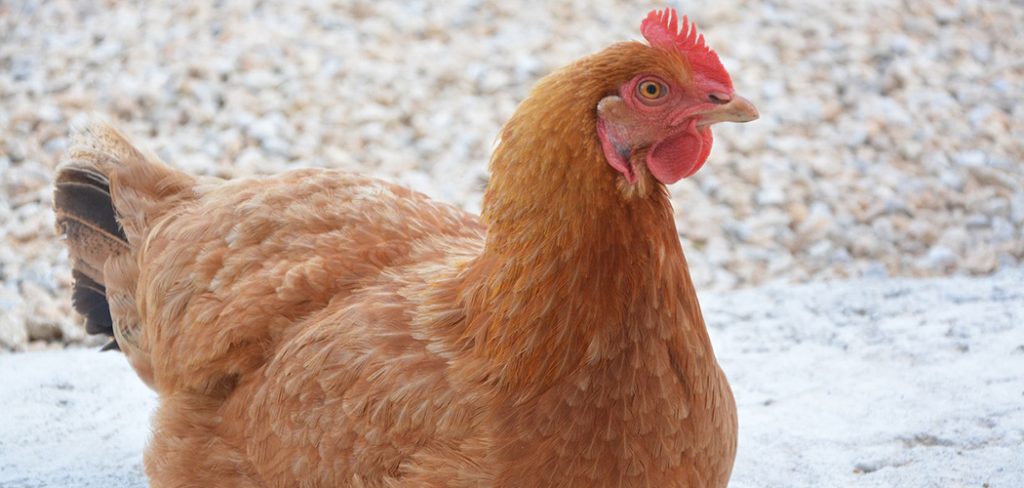Chickens are one of the most common types of farm animals because of their marketability and commonality. Chickens produce meat that is considered to be one of the most basic types of food available since time immemorial. However, chickens are also known to produce a lot of sounds called clucking. Usually in the early hours of the morning. Thus, those who own chickens would always want to know how to keep chickens quiet.
There are a lot of interesting facts about these well-known animals. For starters, chickens love staying outdoors in the sun. Similar to dogs or cats, chickens like to sunbathe. They also like to sleep often, and get a lot of rest. Chickens are also very protective of their young. They defend their chicks from any person or animal. That may seem like a threat to their young and are considered to be very cautionary. Learning about chickens can definitely be very interesting.
1. Why are my chickens so noisy
Animals produce all sorts of sounds when they want to do different things. Sometimes, when they are threatened, they emit certain sounds such as growling or roaring, depending on the type of animal. Chickens and other farm animals are no different. Chickens also produce a wide range of sounds that mean different things. Learning about the different sounds they make and what they mean will help answer the question, “Why are my chickens so noisy?” Knowing these things hopefully helps in maintaining and getting used to the sounds that your chickens make. Sometimes, the better we understand them the better we are also able to take care of them.
One of the common sounds a chicken makes is a single loud cluck. When this occurs, this means that the chicken is trying to signal to you or others around. That there is a predator around the area. The sound is short, and the chicken begins to stand at an alerted position ready for any impending danger that may arise due to the presence of such predator.
The sound of chickens that are most common in movies or shows, or the “Buck” sound that they usually make. Signals that the hen has just laid an egg. They make this sound to signify that they either did such action. That a fellow hen is in the way. When they do this, it is either a signal of laying, or a signal to ask other hens to move aside.
Chickens can also growl or purr. When they growl, as with other animals, it means they are defending something. This defense mechanism can be triggered when they are trying to defend themselves or their young. When they purr, it means that they are relaxed and comfortable in the place that they are in.
2. How to stop chickens from clucking
When animals make sounds it is not always a pleasant experience, especially if the sounds are constant and they cannot be controlled as much as we would like as owners. Training the animals can sometimes work to lessen the amount of sound that is emitted. Chickens can also make a lot of sounds that are not usually desired by those who own them, which is why sometimes these owners also wonder how to stop chickens from clucking. Chickens can make clucking sounds more than once a day or once every hour. It really depends on the environment that they are in. These sounds are meant to be messages and signals to people, so that they may have a grasp of the moods of their chickens from the time being.
In order to stop them from actually clucking, some have advised to put the chickens in a blackout box in the early morning to avoid them making sounds in the early hours of the morning. Once they are in the blackbox, they cannot tell which time of day it is. Through this, you can control when they cluck in the early morning by bringing them out at later hours of the day.
Another technique that some chicken owners do is to spray the chickens every time they make too many noises. This method helps chicken learn that the kind of noises they are making at different times is not encouraged. Once the chickens yell, you can spray them with water while they are yelling hopefully to help them get the idea that you do not want them to keep on clucking.
Chicken color eggs? Read my post about it.
3. Quiet Chicken Breeds
Animals will most oftentimes have more than one type of breed for a specific type of animal. Some breeds produce meat at a better rate than others, while other are known to be egg-laying breeds. In terms of chickens, the different breeds can also be quieter than other breeds. Thus, if you want to avoid noisy chickens, you can also opt to get quiet chicken breeds. Getting quiet chicken breeds dispenses with the need of having to spray them with water or keep them in a blackbox. Moreover, they are naturally quieter, so having them with you can be less of a headache especially for those that do not want the noise associated with chickens.
Conclusion
Learning about chickens and how they eat, sleep or lay eggs can be interesting and daunting, especially if you have had no experience with raising chickens. Though they are relatively harmless animals to take care of, and are generally marketable even up to today, many owners would like to know how to keep chickens quiet. Keeping chickens quiet can be done through different techniques used by different chicken owners.
An example of this is putting them in black boxes before the sun comes up, and allowing them to go out only when it is in the later hours of the morning. Others have resorted to spraying them with water to hopefully teach them how to stay quiet. Chicken breeds can also be naturally quiet in their own right, which is why those who prefer not to do any training or outside work to keep their chickens quiet should consider only buying breeds that are quiet.
Check my article on DIY Chicken Coop.

